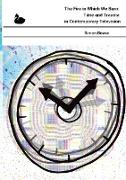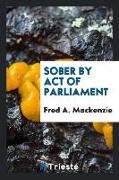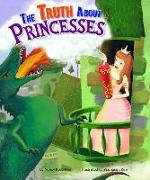- Start
- The Fire in Which We Burn
The Fire in Which We Burn
Angebote / Angebote:
Simon Bowie is a culture writer and film critic based in the UK. He writes and speaks about various forms of contemporary culture from film and TV to video games and memes with a particular focus on cultural representations of irony and sincerity. You can find more of Simon's writing, conference presentations, and idle thoughts at: Website: simonxix.com Twitter: @SimonXIX
"In The Fire in Which We Burn: Time and Trauma in Contemporary Television, Simon Bowie eloquently traces the distinct ways in which three recent television series represent the relationship between time and psychological trauma.The first essay, '"What year is this?": Time, the nuclear, and trauma in Twin Peaks: The Return' is a fascinating consideration of the disjointed temporality of Twin Peaks' third season. Bowie convincingly connects disrupted selfhood with the shockwaves of nuclear detonation through an analysis of the show's narrative structure, cultural reference points, and aesthetic experimentation. In '"Tick tock": Black trauma and heterogenous time in Watchmen', he draws on the ideas of Bergson and Campt to develop a vital and nuanced examination of HBO's Watchmen's 'black feminist futurity' that foregrounds the centrality of inherited trauma to the series' superhero genre subversions. Contrasting with the broader politicisation of the two pieces that bookend the collection, the more microcosmic and personal 'On Nog' explores the impact of PTSD on characters' temporal experiences in Star Trek: Deep Space Nine.Incorporating a variety of theoretical and pop cultural references throughout, Bowie has constructed three distinct but complementary theses, illuminating numerous intriguing thematic resonances both textual and extra-textual. In doing so, he has produced an excellent overarching study of non-linear and non-homogenous temporality in three important contemporary television series."Dr. Michael Waugh, Lecturer in Media, Communication & Cultural Studies at Newcastle University.
"In this focused and insightful tryptic of essays, Bowie skilfully grounds the departure from homogeneous time in the contemporary moment, drawing on recent television and new media to discuss historical trauma. From the explosion-affected clocks of post-war Japan, to the comforting atemporality of virtual Las Vegas, to the reimagined grammar of Black feminist futurity, the collection problematises our ideas of space, sequence and scale, all of which rely on the confinement of time to essentialised
Folgt in ca. 10 Arbeitstagen




